Although the political atmosphere has become more polarised in the past few years, voters at large still ostensibly trust public institutions. This opens an important opportunity in a time that requires investment from both the public and private sectors. Public administrations are now being changed to create room for experimenting. Instead of speculating on the impact of proposed policies, some states and cities now experiment, measure and scale.
Large scale and even universal policies such as basic income must be experimented with, in order to understand the consequence of such massive changes in public spending, its impact on markets, people and communities.
1. The new taxation and income distribution model
Paid work is not the only significant way to produce valuable things for society. The income distribution system cannot therefore be based entirely on benefits linked to paid work, either. An updated version of universalism could provide everyone with a basic-level financial freedom to develop ways to make themselves useful and earn their living. This would improve people’s ability to build their income by combining different income sources such as work, entrepreneurship, the sharing economy and even a barter economy.
On the other side of transfer payments, there is a new way of collecting tax revenue that safeguards tax revenue in the new logics of value creation. With digitalisation, increasingly precise data is recorded about almost all activities. In other words, our activities are registered and measured in more and more detail. In principle, this opens an entirely new opportunity to tax, for example, work performances and collect payments for the use of different commodities such as roads. Thanks to digitalisation, all exchanges in society can be made transparent and taxed fairly in real time. Forms of taxation, for example, that encourage the use of properties and energy balance, and subsequently the higher value they provide, as well as other economically smart incentive taxes, are interesting possibilities.
The state will have difficulties in replacing the huge reductions in income tax returns with other forms of taxation. But there are also other things that the nation state can continue to tax in the future. For example, property consumption and different steering taxes aimed at changing people’s behaviour, are possible new avenues of income. There are considerable opportunities in steering taxes, as the data available and ideological resistance against absolute bans increase their importance. The heightened discussion in recent years about the expansion of tax co-operation between nations could also lead to actions that strengthens the tax base in the future global and digitalised economy.
In the future, could the state also start collecting and sharing the most valuable productive technologies, not just money, with people?
The Next Era, a major global initiative set up to find a new model for the well-being society of the future – from the Nordic think tank Demos Helsinki and the Finnish Innovation Fund Sitra – has also proposed creating new tax sources from this new abundance, the result of cheap computing power, renewable energy and hyper-connectedness, to replace the diminishing tax base related to work. This has previously been the biggest share of a typical economy’s tax-base. In the future, could the state also start collecting and sharing the most valuable productive technologies, not just money, with people?
Politicians from most political backgrounds, and in most countries, already agree that it is vitally important to enable a flexible transfer from one occupation to another and from one form of income to another. Some agree that we need to develop new forms of social security, even redefine civic rights. Therefore, a debate on basic income has emerged in many countries in the past few years. Finland is expected to run a series of experiments utilising basic income in the years to come. In addition, the cities of Utrecht in the Netherlands and Oakland in cooperation with the world’s most successful start-up accelerator YCombinator in the United States, among others, are also in the process of testing basic income.
2. Citizen-driven experimenting
In terms of the potential for the deeper engagement of people into political decision-making, things have never looked so good. Citizens are empowered through education and technology almost everywhere in the world. The improved level of education, general prosperity and the increasingly common digital communication devices have, in the past 15 years, resulted in a new kind of category for social activity. The scale in which you, as one person or a small group, can have impact in the world has increased. We are witnessing a whole new category of initiatives developed by single individuals or loose groups of people, with a minimal formal and legal structure. These initiatives range from urban events to different peer support groups or technological solutions to social problems.
Voluntary experiments and trials between people are also scalable and can be integrated into the public social policy. The increasing amount of data makes the evaluation of the trials relatively easy. It should therefore be possible to scale them so that they apply to whole cities or even states.
An interesting example of such citizen driven governance was the way a hackathon was integrated into the Finnish basic income implementation process. Perustulohack organised in Finland, in connection with the basic income trial, shows how initiatives made by citizens and the objectives and resources of the government programme can be coordinated. In the Basic Income Hackathon, different approaches to basic income were developed by competing teams. ‘Hacks’ ranged from communicating information about basic income to the participants and how housing costs can be accommodated to the basic income model, to algorthims to calculate the ideal tax / basic income relationship. The results provided content for actual experiments and created a foundation for a new kind of political discussion about different models and approaches.[16]
3. Proactive regulation
Legislation and other regulations are too often talked about as something that are negative and designed to slow down business and the markets. In reality, it is difficult to create new markets without regulation. It creates room for new operators and innovations as well as creates trust for investors. Understood in a proactive way, even many difficult changes can take place in a just and open manner. For example, there are many areas in transport that could benefit from smartly done guidance through appropriate anticipatory regulations.
One of the important new focus areas in proactive regulation is the so-called ‘predistribution policy’ in the United States, which means that competition is increased so that no monopolies will form that could reduce wages.[17] Companies in industries with enough competition have to pay better wages to get suitable employees. Instead of supporting low-paid work, healthy competition that raises the level of pay in the industry should be increased.
The Transport Code launched by the government in Finland includes goals that take us in this direction. It aims at taking the transport market in a direction that will speed up the introduction of new technology, digitalisation and new business concepts — these include self-driving busses and mobility-as-service (MaaS) experiments that force companies to open their API’s to create seamless transportation services. This could create a market for new transport solutions in the sharing economy to meet people’s needs. The housing, food, education and health sectors require a similar reform code.
4. Politics as a builder of local activity and value
Globalisation takes place locally. There are many things that provide faster results when organised and regulated locally, rather than at a national level. In the past decades, the role of towns, cities and metropolitan areas in economic development has grown. The connection between the administration and those who carry out the practical work at grassroots level is often more natural at the level of cities than at a national level. In terms of public service delivery, the feedback loop between the service delivery and decision making is the right length it seems. In the future, authority over regulations and investments should be transferred from the national level to the largest cities. At best, the different decisions made by the different cities will provide an opportunity to compare different models and speed up the development of new innovations globally, too. Furthermore, it may be easier for cities to learn effective solutions to difficult challenges from each other than it is for countries to learn from each other.
The emissions targets of cities and the C-40 climate leadership network promoting it — as well as YIMBYcon, an international group of grassroots city developers that operates through groups in Facebook and organises events — provide good examples of such inter-city policies and discussions. The YIMBYcon network shares international examples of city development and prepares concrete shadow plans.
This is an edited excerpt from From Pause to Play: Work and Income in the Next Era, an in-depth publication on the future of work and income, from the Finnish Innovation Fund, Sitra, and the Nordic think tank, Demos Helsinki.
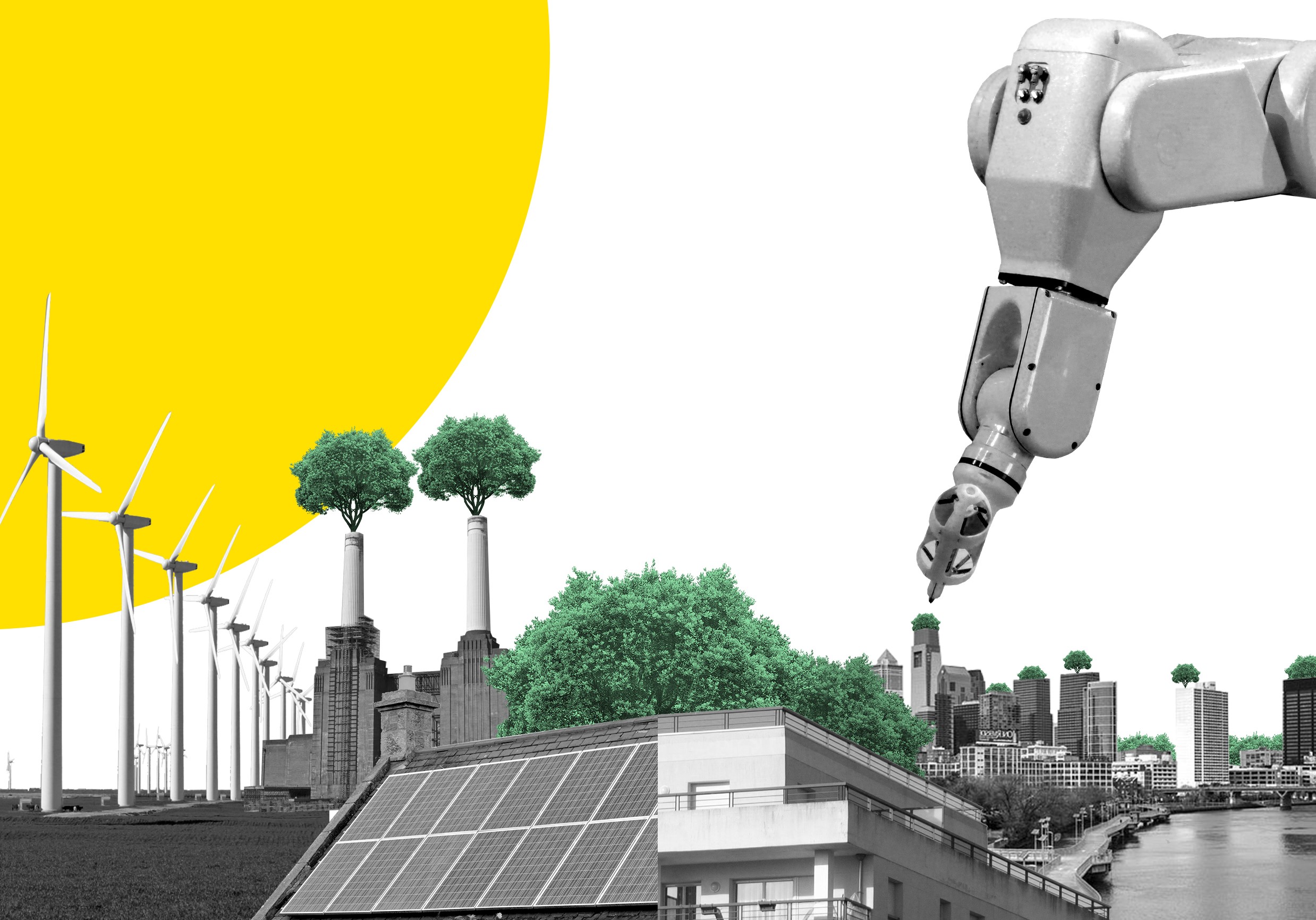





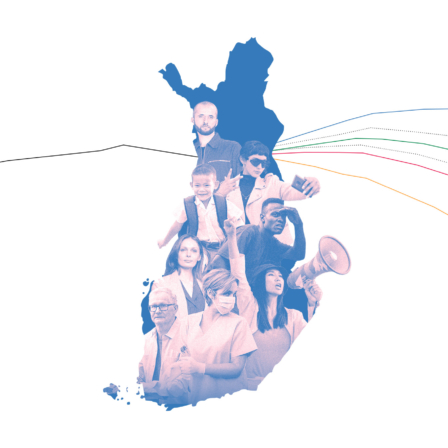

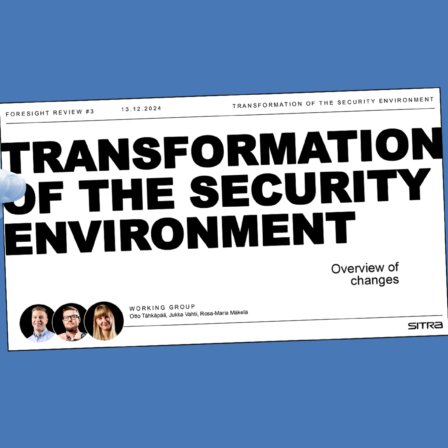
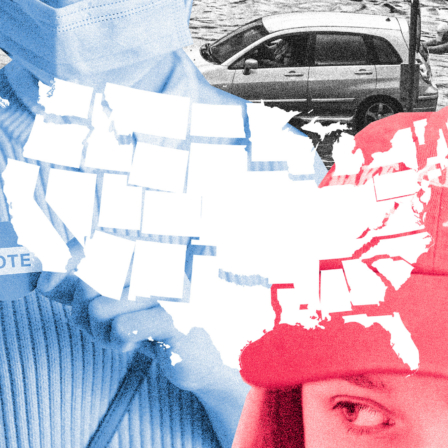


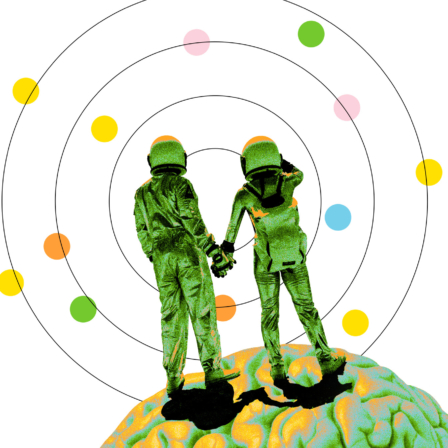




Articles.
Share these too.